Tiger JK's Experience with Racism and Racism in the Entertainment industry
 K-POP is a genre that has quickly come to spread internationally, wow-ing fans everywhere through raw talent. However, an issue that is never really discussed regarding this genre is the racism that is involved.
K-POP is a genre that has quickly come to spread internationally, wow-ing fans everywhere through raw talent. However, an issue that is never really discussed regarding this genre is the racism that is involved.Rap and hip-hop originated through African American efforts to share the violence and racism they experienced within America. Eventually, hip-hop and rap became a vessel for people to channel their expression and emotion regarding issues like violence, war, trauma, gang culture, sexism, and racism.
Tiger JK
Tiger JK, a rapper and record producer for Korean hip-hop, has shared his various encounters with racism during his rise to fame. Tiger JK spent most of his teenage years in Los Angeles, CA, where he witnessed the violence between Korean business owners in America and African-Americans during the 1992 Los Angeles riots. This then led him to pursue a career in music and hip-hop in order to spread the knowledge and start some type of communication between the two groups.

In 2007, JK married his wife Yoon Mi Rae, a biracial African-American and Korean rapper, and eventually had their son Jordan. Both JK and Yoon Mi Rae are advocates against child abuse and have faced series of racism that has pushed both towards working for multiculturalism in Korea.
In 2010, when JK brought his son, Jordan, on stage during Yoo Hee Yeol's Sketchbook he ultimately received a lot of hate messages about his son's "nappy hair" and other racially derogatory comments to refer to his child, 21 months old at the time. The anti-blackness that's rooted within Korean culture is something that manifests through netizen hate comments. What's even more terrifying is that it is directed towards a 21-month-old child that has barely developed a sense of identity for himself yet. However, people are still capable of treating a young baby with such hatred and racism.
For JK and his wife, this is nothing new. Yoon Mi Rae has spent the majority of her life navigating the multifaceted struggle behind race in Korean culture, navigating being half black and half Korean. For Korean music, there is a strong influence in the mannerism that artists carry themselves that are inspired by black culture such as certain hairdos like cornrows or the mannerism in which they speak. So it is interesting the lack of respect and acknowledgment of black culture's influence on K-pop within the netizen community.

Facing Racism from International Fans
Other than that, Tiger JK also faced a racist encounter when a group of white men asked him to perform the "horse dance" instead of performing his pieces during the Creator's Project in 2012. This triggered a dark reaction from JK causing him to curse at the white people and telling them that he wasn't there to dance for people or make them laugh.
He was not PSY to be expected to perform a piece that was not his and yet the white men in his audience had the audacity to interrupt his performance to ask for the horse dance. JK went on a rampage about how Asians were not meant to be a comic relief for Western culture and how white people along with Hollywood have maintained a concept of Asians as nothing more than comedic relief or even just a side character for the sake of representation.

This brings up a controversial conversation about race and Asian representation in media. For example, when BTS won at the Billboard Music Awards, they were faced with a lot of racist comments such as "who are these Asians?" "The Asian one direction?" and "how did these Asians wearing make beat actual famous people?" All these comments completely disregard the work and dedication that Korean artists put into their work and invisibilizes their experiences. This shows that as Asian performers no matter the effort and institutionalized racism that predetermines their worth as performers, they will never amount to what a white American artist can do.
Which brings into perspective the anger that JK had when white people supported by a well-established system like Hollywood, have the power and authority to make such derogatory comments. Growing up during the LA riots really puts into perspective of how JK was raised to understand the effects of systematic racism and how ultimately people of color will be inferior to a white population. So his anger was not unjustified.
Overall, despite the systematic racism that Tiger JK and his family lives through every day, he still finds a way to express his emotions through his art. Though Korean culture has developed much over the years, there still is a lot of room for development regarding issues like racism within the music.
SEE ALSO: Court to rule on 1.6 million USD damages lawsuit over Fifty Fifty tampering allegations


 SHARE
SHARE








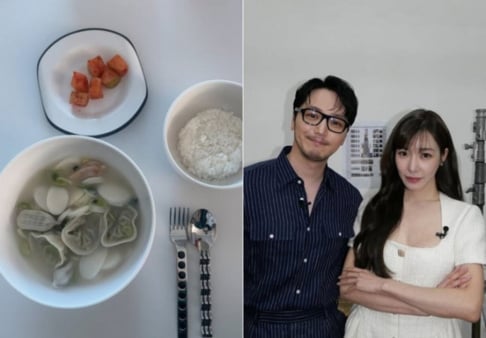





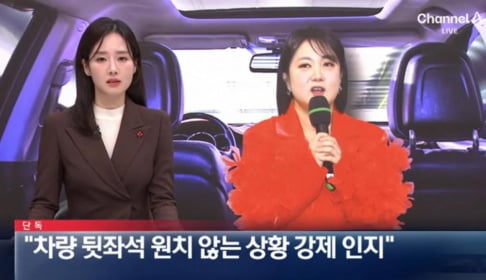
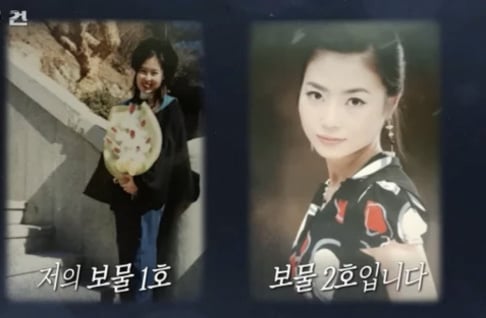

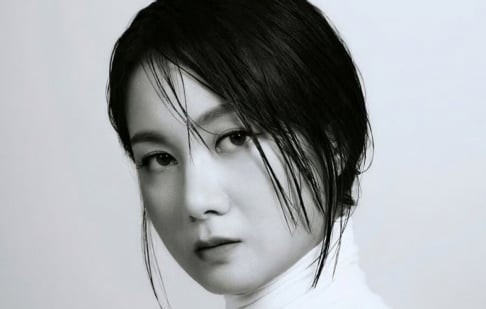

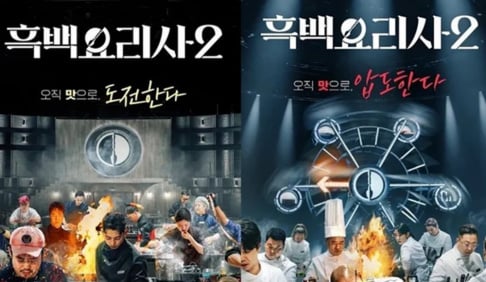

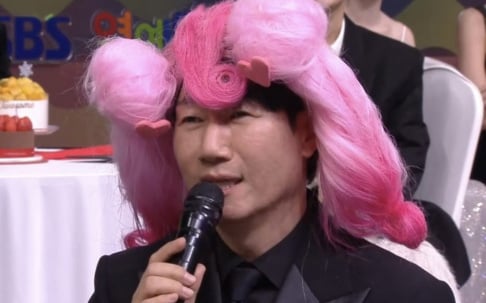
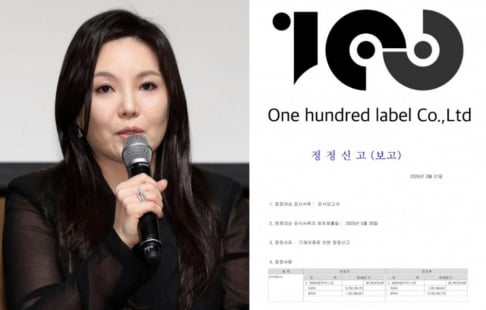

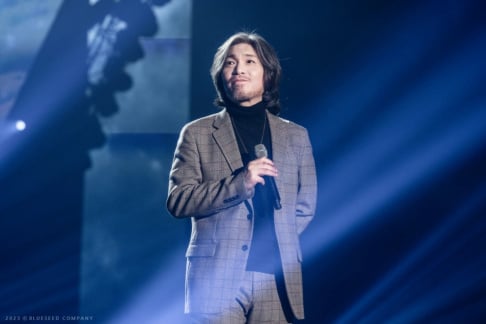



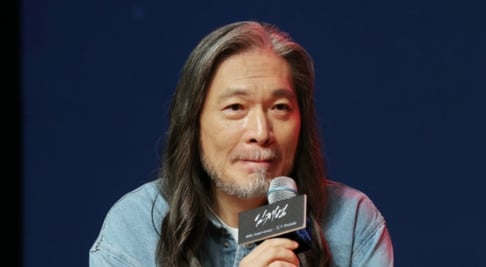
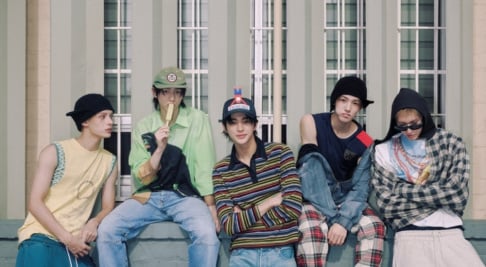
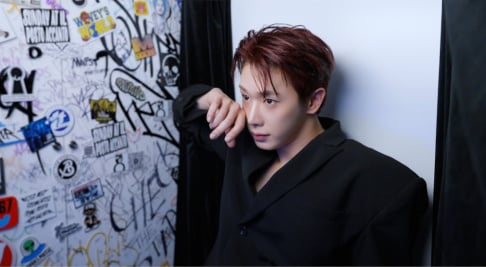
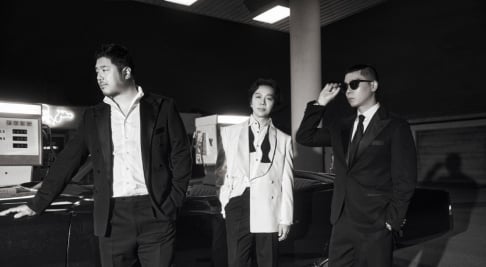

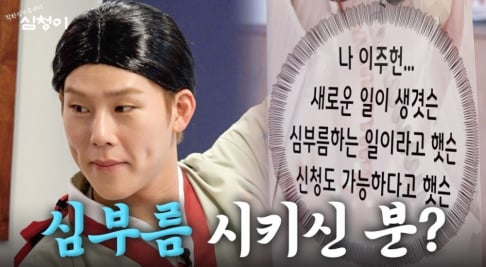

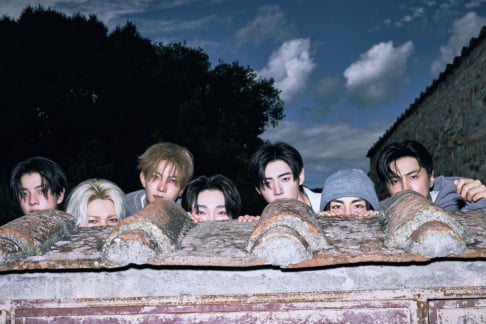
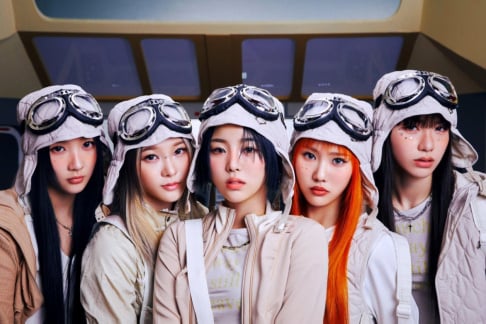

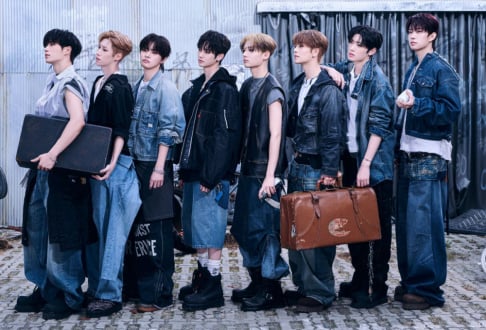
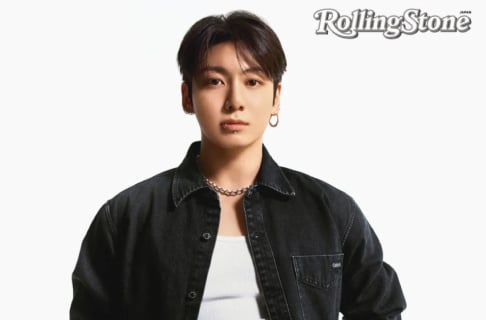
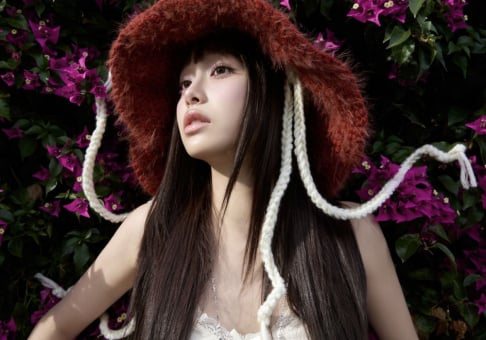






Racism is a serious problem of humanity that has existed for a long time. In America, racism used to be experienced by black people, but over time it has spread to other races. At school we analyzed this problem and its various manifestations. We had a task to write an essay on this topic. I have always had problems with writing assignments, so I used https://eduzaurus.com/free-essay-samples/racism/ to write essay with the help of professional writers. As a result, I had one of the best essays in my class and I am very pleased with this result.